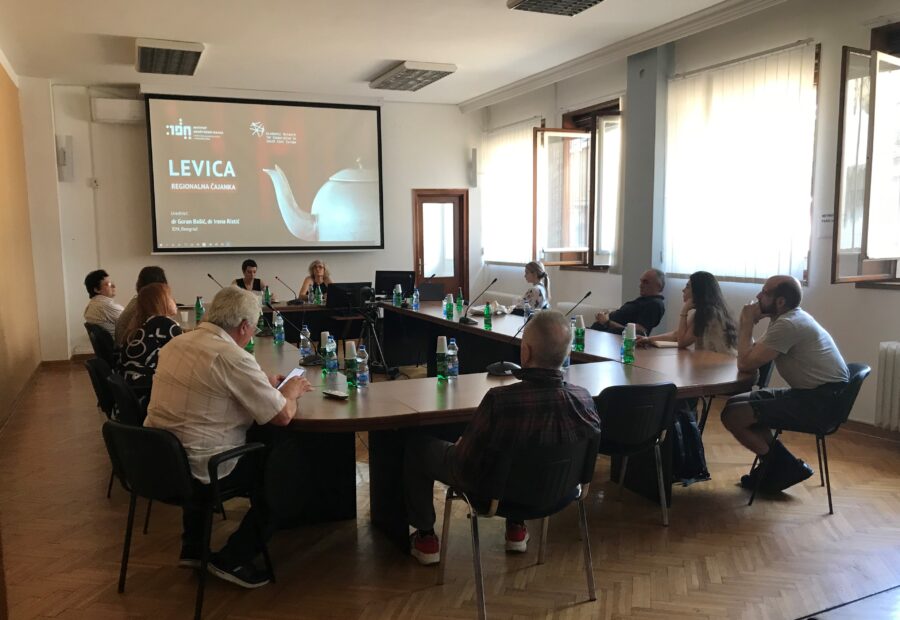During the 19th century, antimilitarism grew into one of the fundamental principles of the left. However, the left’s attitude towards war and violence has changed over the past two centuries, partly because the nature of wars has changed, and partly because the left’s perception of its own responsibility towards war has changed, as Irena Ristić pointed out in her lecture on the attitude of the left towards the war, held at the Institute of Social Sciences.
While at the beginning of the institutionalized political left in the 19th century, wars were conflicts between empires for their hegemonic supremacy, which the left itself rejected, in the 20th century, with the disappearance of empires and great powers, wars began to be fought for the sake of national interests, often caused by different ideologies and worldviews. Consequently the political left begins not only to take a position among the conflicting parties, but also becomes an active participant in civil (Spain), global (World War II) and anti-colonial liberation wars.
Always marked by internal conflicts regarding the use and legitimization of violence, the left at the end of the 20th century, with the end of the Cold War and the introduction of the so called third generation of human rights, definitely stopped acting only as a participant and began to actively advocate military interventions (Kosovo 1999, Ukraine 2022). Using the example of the Russian aggression on Ukraine, Irena Ristić showed the main political and ideological dilemmas as well as divisions within the (modern) political left regarding its positions towards war.
The lecture was held on July 5 at the Institute of Social Sciences, in the framework of the Regional Tea Party cycle, this year titled “Left”, co-organized by the Institute of Social Sciences and the Academic Network for Cooperation in Southeast Europe for Cooperation in Southeast Europe.

